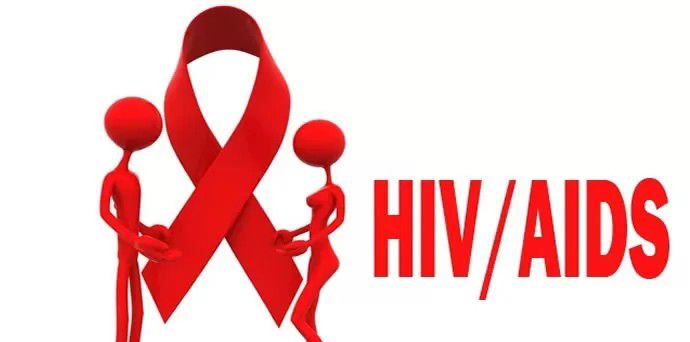For years, 34-year-old Sarah Nantongo from Kampala battled sharp stomach pains that struck mostly in the late evenings or after skipping a meal.
“At first, I thought I just needed to eat more regularly,” she recalls. “I drank milk, chewed charcoal, and even tried herbs my neighbor gave me. Nothing worked.”
It wasn’t until she collapsed at work that she was rushed to a health center, where doctors finally diagnosed her with a peptic ulcer, a condition affecting thousands of Ugandans like her, often silently.
What Are Ulcers?
According to the World Health Organization (WHO) ulcers are open sores that develop in the lining of the stomach or the first part of the small intestine. While many Ugandans refer to it simply as “gastric” or “stomach wounds,” the condition is far from harmless.
Doctors say ulcers are increasingly common, especially among people who experience long hours without meals, live under stress, or frequently take painkillers.
Why Are Ulcers So Common in Uganda?
According to Dr. Rose Akello, a general practitioner, there are various causes of ulcers among them;
Bacterial Infection
One of the most common causes is an infection with a bacterium called Helicobacter pylori (H. pylori), often spread through unclean food and water. According to researchers at Makerere University, over half of Ugandans may be infected, especially in areas with poor sanitation.
Overuse of Painkillers
Painkillers like diclofenac and ibuprofen are widely used across Uganda, often without a prescription. But taken frequently or on an empty stomach, they can damage the stomach lining.
Hunger and Irregular Meals
Many Ugandans, especially students, boda boda riders, market vendors, and civil servants, go long hours without eating.
“In our office, you can stay till 5 pm before you realize you haven’t eaten all day,” a civil servant shared.
Stress
While stress doesn’t directly cause ulcers, it worsens them. For people juggling family obligations, rent, school fees, and the daily hustle, stress is a constant companion.
Alcohol and Smoking
Smoking and drinking alcohol irritate the stomach lining and increase acid production, making ulcers more likely or harder to heal.
How Do You Know You Have an Ulcer?
Ulcers can often be misdiagnosed but below are some signs and symptoms that you have ulcers; Burning or sharp pain in your upper stomach (often when hungry), Bloating or frequent belching, Nausea or even vomiting, Loss of appetite or unexplained weight loss and In serious cases, dark or bloody stool — a sign of internal bleeding.
Treatment: Yes, Ulcers Can Be Cured
If your ulcer is caused by H. pylori, the Ministry of Health recommends a triple therapy, Two antibiotics (usually amoxicillin and clarithromycin or metronidazole), A proton pump inhibitor (PPI) like omeprazole to reduce stomach acid and Antacids for relief while healing begins.
Treatment usually takes 7 to 14 days. It’s important to complete the full dose, even if you start feeling better.
What You Can Do at Home
Doctors and nutritionists recommend, Eating regularly, even if it’s in small portions, Avoiding spicy, acidic, or fried foods, Cutting back on alcohol and stopping smoking, Reducing stress through rest, music, or talking to someone and Avoiding self-medication or unknown herbal mixtures
Why Early Treatment Matters
If left untreated, ulcers can lead to, Severe internal bleeding, A hole in the stomach lining (which may need emergency surgery), Blockage in the digestive tract and A higher risk of stomach cancer in rare cases.
Dr. Akello says that she treats several emergency cases each month where patients arrive too late, some requiring surgery that could have been avoided.
Prevention Is Possible
According to the Ministry of Health, you can reduce your risk by, Washing hands before eating and after using the toilet, Drinking safe, clean water, Eating balanced meals, even simple ones like posho and beans, Avoiding regular use of painkillers without advice and Seeking medical help early
Ulcers are not a death sentence, but they do require attention. “If you’re feeling persistent stomach pain, don’t wait. Go to a health centre,” says Dr. Akello. “The sooner we catch it, the sooner we can help you heal.”
As Nantongo says, “Now I know. It wasn’t just hunger, it was an ulcer. And I’m glad I got help.”
While this article has dissected the common causes, symptoms, and treatments for ulcers, you are advised to seek professional medical advice for personalized care.



